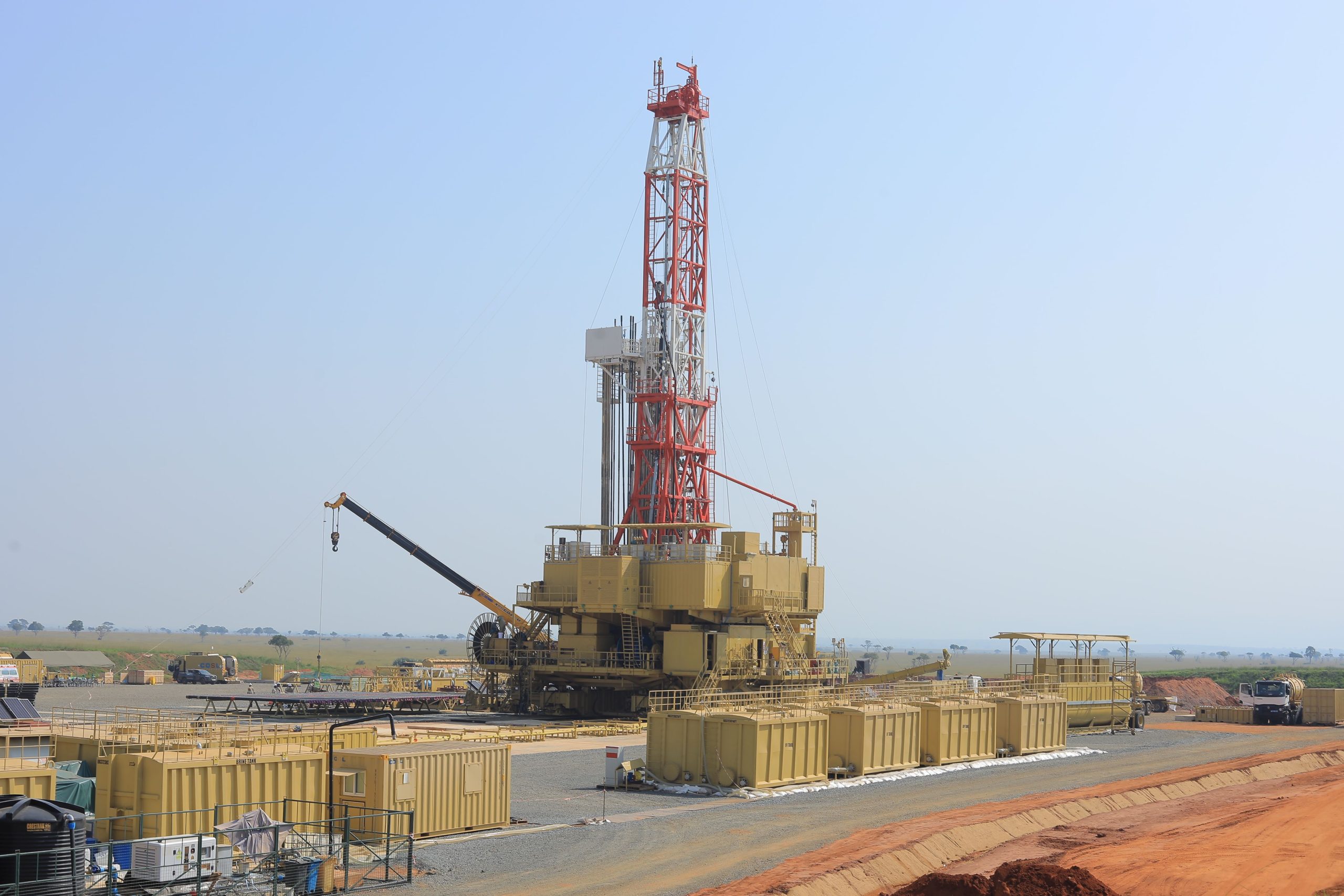
Industry is rattled by a new study on an oilfield in Uganda
Oil industry players involved in Uganda’s extraction project in the Albertine Basin have been alarmed by a recent report that critically evaluates the environmental conservation of the region. This report was released at the same time that officials were pursuing financing in China.
This development occurred as Uganda’s oil project leaders sought funding, potentially from Chinese financiers, for the crude oil pipeline that was intended to extend from the Albertine Basin to the coast of Tanzania, thereby facilitating the export of Uganda’s oil.
The report, which is based on 98 interviews conducted in the project area, alleges that the Kingfisher oilfield has been responsible for serious and widespread human rights abuses, including sexual violence, as well as environmental damage. However, unlike the larger upstream project, the Tilenga, which is operated by TotalEnergies, the Kingfisher oilfield has previously evaded scrutiny.
Climate Rights International (CRI), a Berkeley, California-based organization, has launched a report entitled “They Don’t Want People to Stay Here: How CNOOC’s Kingfisher Oil Project in Uganda Is Causing Human Rights, Environmental, and Climate Harms.”
The report alleges violations of labor rights, forced evictions, inadequate or nonexistent compensation for land and other assets, coercion, and intimidation during the land acquisition process, loss of livelihoods, reduced standards of living and impoverishment, and sexual and gender-based violence by Kingfisher workers and the military that secures the project.
In conjunction with the Forum on China-Africa Cooperation (Focac) 2024 Summit, which was held on September 2, the report was released. Ugandan government officials and executives of oil companies were in attendance to finalize the agreements to secure nearly $3 billion in loans from Chinese lenders Eximbank and Sinosure.
The $5 billion East African Crude Oil Pipeline (Eacop) will transport oil across 1,443km from Hoima in western Uganda to the Chongoleani peninsula near Tanga Port in Tanzania. Western banks declined to provide financing for the pipeline due to a fierce campaign by environmental activists. As a result, China has been the sole source of financing.
The report was denounced by Nj Ayuk, executive chairman of the African Energy Chamber (AEC), who claimed that its publishers are “dedicated to the distribution of energy poverty in Uganda.”
Africa should transition to cleaner energy in segments, according to Mr. Ayuk, an advocate for a just energy transition. He expressed his disagreement with Western-leaning activists who prioritize energy development in Africa over investments in fossil fuels, such as oil and gas initiatives in the Global North.
He stated, “The present is the ideal time for Uganda to capitalize on its abundant and valuable resources.” “Africa will not submit to international pressure in order to obstruct the continent from improving its economy and generating wealth for its citizens.” Africa will not be compelled to comply with the energy transition on the terms mandated by others.
In February 2022, TotalEnergies and China National Offshore Oil Corporation announced investments of $10 billion in Uganda’s oil projects. The two upstream oilfields, Tilenga and Kingfisher, are anticipated to produce 190,000 and 40,000 barrels of oil per day, respectively, upon their commissioning in 2025. Additionally, the midstream facility Eacop, which includes the export pipeline, has commenced construction.
The shareholders of Eacop, including TotalEnergies, Cnooc, and the governments of Uganda and Tanzania, have set a goal of completing construction within 15 months and exporting oil by the end of 2025. This goal is being carried out through their respective state-owned firms that oversee their commercial interests in the oil and gas projects.
The Uganda oil and gas project is projected to generate approximately 379 million tonnes of carbon dioxide emissions over a 25-year period, according to an analysis conducted by the Climate Accountability Institute, as cited in the CRI report.
It is also stated that the peak annual emissions would exceed the current annual emissions of Uganda and Tanzania consolidated.
This initiative, like all new oil and gas projects, is incompatible with the Paris Agreement’s 1.5°C warming target and a livable planet.
All Categories
Recent Posts
Tags
+13162306000
zoneyetu@yahoo.com



